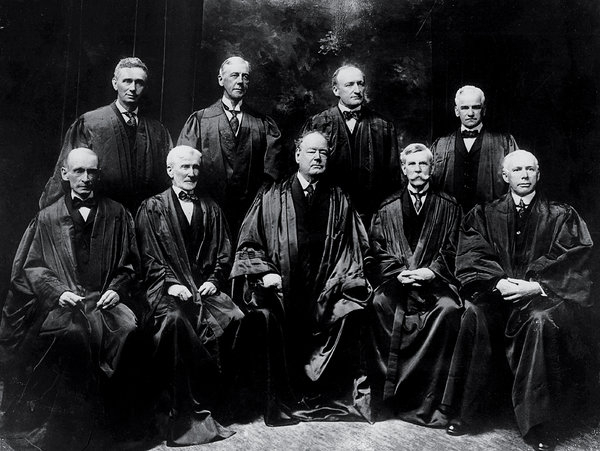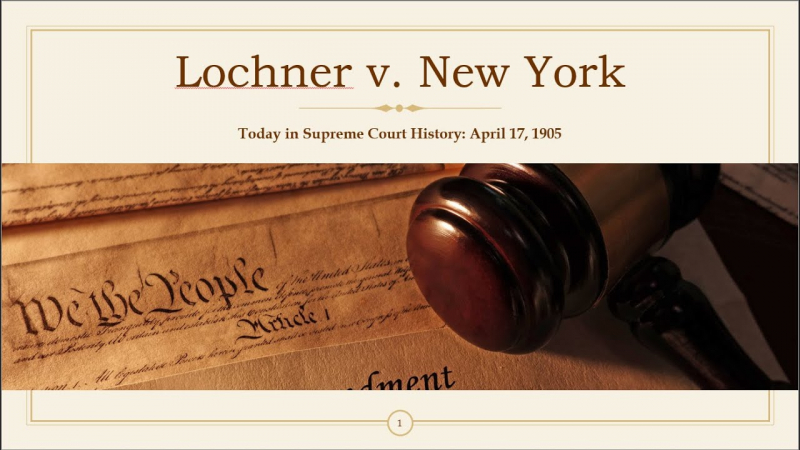”Lochner v. New York” is Holmes Jr.’s most famous decision
Oliver Wendell Holmes Jr. has frequently debated the regulation of the national economy while serving on the US Supreme Court. His opinion in "Lochner v. New York" is his most well-known one on the subject. Here, he disagreed when a judge overturned a New York law that set limits on bakers' work hours.
The famous case of Lochner v. New York saw the U.S. Supreme Court find that the New York state legislation governing the maximum working hours for bakers was unconstitutional under the United States Constitution's Fourteenth Amendment, a baker's contract. In essence, the judgment was overturned.
In essence, the case started in 1899 when German immigrant Joseph Lochner, who established a bakery in Utica, New York, was charged with breaking the New York Bakeshop Act of 1895. According to the Bakeshop Act, bakers in New York are employed for more than 10 hours per day or 60 hours per week. Following his conviction, he filed an appeal with the US Supreme Court. The majority of the Supreme Court, which consists of five justices, ruled that the statute violated the due process provision because it "unreasonably, needless, and arbitrary interferes with the rights and freedoms of the individual in the contract." Oliver Wendell Holmes Jr.'s judgment, which was one of the four judges who disagreed with it, became one of the most well-known in American legal history.
The Lochner era got its name from one of the most divisive rulings in Supreme Court history, Lochner, which is also where it all started. The Supreme Court rejected numerous federal and state laws affecting working conditions throughout the Progressive Era and the Great Depression during that time. The West Coast Hotel Co. Parrish case (1937), in which the Supreme Court confirmed the legality of the State of Washington's minimum wage statute, marked the end of the era.










